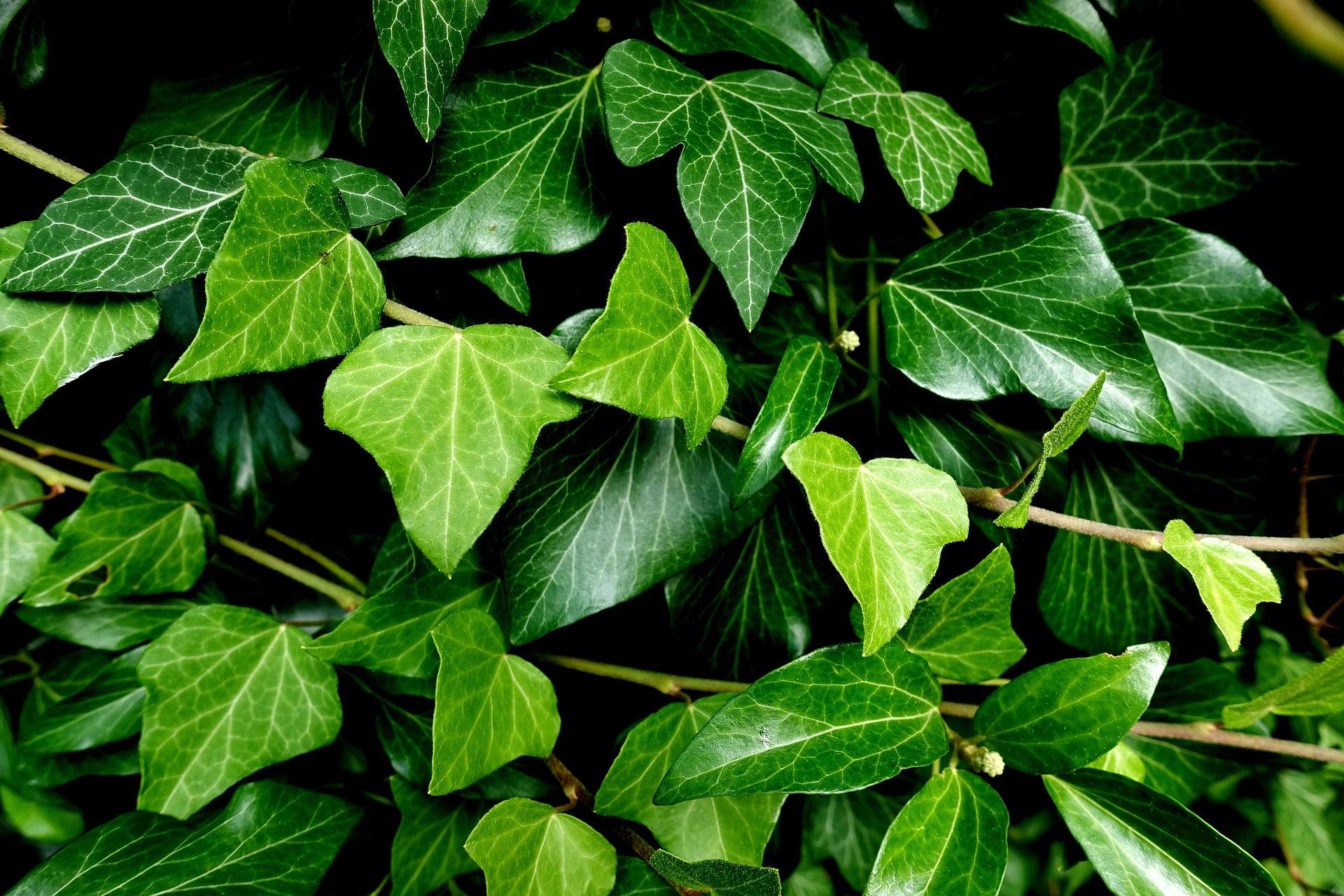11 Houseplants That Are Poisonous For Dogs
Timothy Roberts
If you have a green thumb and enjoy having some plants around the house, it can really help to make your house a home. At the same time, however, you need to be cautious because some species of houseplants could harm or even kill your pets if they are eaten.
The following list of 11 plants may contain toxic substances that could be poisonous to your pet. It is important to understand that these plants may be known by different names so you should become familiar with them. You should also have a first-aid kit on hand in case problems occur.
1. Lilies
 Photo: Pixabay/stux
Photo: Pixabay/stux
There are many plants that fall within the Lilly family but some can be toxic if consumed by dogs or cats. The Peace Lily, also known as the Mauna Loa could harm dogs and cats but Easter Lilies and the Stargazer are only harmful to cats. Those two lilies could be fatal to cats if treatment is not given because it affects the kidneys and the appetite. If your dog or cat consumes a Peace Lily, they may have problems with vomiting or swallowing.
2. Aloe Vera
 Photo: Pixabay/marcegaral
Photo: Pixabay/marcegaral
You will often find the aloe vera plant in many homes because it is helpful to human skin. When your pet eats it, however, it could affect their digestive system.
3. Ivy (Hedera Helix)
 Photo: Pixabay/Alexas_Fotos
Photo: Pixabay/Alexas_Fotos
It doesn't have to be poison ivy to be harmful to a dog. Even regular Ivy could cause them to develop breathing problems or a rash. In extreme cases, coma or paralysis may occur.
4. Jade (Crassula Ovata)
 Photo: Pixabay/J_0
Photo: Pixabay/J_0
You may hear a Jade plant referred to by many different names, including Jade Tree, Dwarf Rubber Plant, Chinese or Japanese Rubber Plant, Friendship Tree, and Baby Jade. It really doesn't matter what you call it, you should keep it away from your pet. Although it is not known why the plant is toxic, ingesting could result in vomiting, incoordination (ataxia), a slow heart rate (bradycardia) and/or depression.
5. Dumb Cane (Dieffenbachia)
 Photo: Wikimedia Commons
Photo: Wikimedia Commons
Dieffenbachia is typically referred to as Dumb Cane, Exotica, or Tropic Snow. It can be poisonous to either dogs or cats. The harmful toxins within the plant can cause burning/swelling of the mouth and tongue as well as difficulty in swallowing, vomiting, and increased salivation. Breathing difficulties or death could also occur.
6. Elephant Ear (Caladium)
It's easy to recognize the Elephant Ear plant, and it also goes by a number of names, including Malanga, Via Sori, Pai, Taro, Cape, or Ape. The chemicals and reactions to it are very similar to Dieffenbachia, so it could lead to oral problems, increased salivation or drooling, vomiting, and difficulty with swallowing.
7. Pothos/Devil’s Ivy (Epipremnum Aureum)
 Photo: needpix/SandeepHanda
Photo: needpix/SandeepHanda
This plant is toxic to dogs and cats, resulting in irritation to the tongue and mouth. It is sometimes called Satin or Silk Pothos. Other issues could include vomiting, swallowing problems and increased salivation.
8. Sago Palm (Cycas Revoluta)
 Photo: Wikimedia Commons
Photo: Wikimedia Commons
This exotic looking plant can cause difficulties if a dog eats it. It doesn't matter if they eat the roots, seeds or leaves, they are all poisonous and could lead to diarrhea, vomiting and even liver failure.
9. ZZ Plant (Zamioculcas)
Consuming this plant could result in a reaction leading to diarrhea or vomiting.
10. Asparagus Fern
 Photo: Wikimedia Commons
Photo: Wikimedia Commons
Both dogs and cats should stay away from this plant, which is also called Emerald Fern, Emerald Feather, Sprengeri Fern, Lace Fern and Plumosa Fern. Sapogenin is the toxin found within the plant and if the berries are consumed, it could cause diarrhea, vomiting, abdominal pain, and inflammation of the skin.
11. Sowbread (Cyclamen)
 Photo: Pixabay/suju
Photo: Pixabay/suju
This flowering plant makes a nice addition to any room but if you have a dog or a cat, you should not have it in your home. If the plant is swallowed it could result in increased salivation/drooling, diarrhea, vomiting, and abnormal heartbeat, and/or seizures. In severe cases, it could be fatal.
Dog-Friendly Houseplants
For those who want to have plants in the home without harming their pet, consider some of these popular varieties: Hens and Chicks, Burro’s Tail, Blue Echeveria, Ponytail Palm, and Bamboo.

I love to write and it keeps me busy. I've been working online, full time since 1999. When you can't find me at the keyboard, you'll find me getting as much as I can out of life. I enjoy living simply, playing games, visiting the beach, and spending time with my family.






















